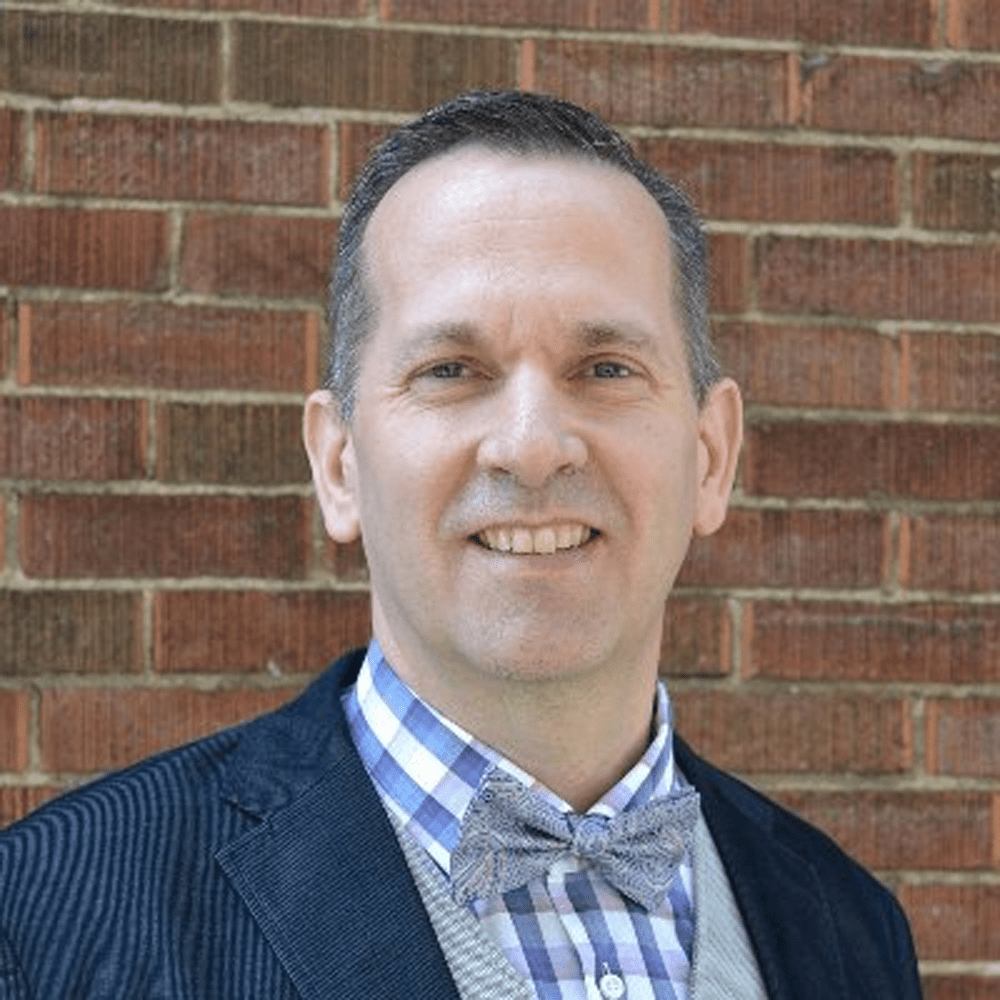SEPTEMBER 2015 | Cardus’s Social Cities project is invested in three types of engagement: research, policy, and activism. But these are best understood as varied emphases that projects have rather than separate and divisible undertakings. Research extends and deepens our knowledge of the social structures of cities. This can range from a description of the number and type of organizations and institutions (like churches, businesses, schools, and nonprofits) in a given city to the exploration of the dynamics of how those organizations and institutions interact. Are local faith communities growing or shrinking? Are people more or less involved in neighbourhood groups than they have been in the past? How do the groups we are part of contribute to the common good? And are new forms of connecting helping or hindering the common good? The activism aspect involves both citizens and organizations, exploring how they interact and contribute to both research and policy. Interactions among these three emphases are what make our work in Social Cities dynamic and challenging.
While Social Cities is focused on cities, the implications and applications of what we are learning holds true wherever there are people. Three activities in the last quarter provide examples of this wide-ranging interest.
First, highly formalized research is being developed that explores new ways of understanding and measuring the social resources (e.g., trust and a sense of belonging) sometimes called “social capital.” This involves collecting primary data on a random sample of nearly three hundred people in the city of Hamilton. Second, we are actively developing a feasibility framework for a gathering of social capital experts in 2016 that would carry forward a similar event held in Ottawa in 2004. We are working in particular on establishing the degree of interest in continuing to explore social capital dynamics from academic, senior government and private sector researchers and policy makers.
Third, we are part of a collaborative network of leading institutions proposing a research agenda that would explore the impact of faithbased organizations on the common good across Canada. Are faith-based organizations only good for those inside them, or do they make broader positive contributions? We are working to answer these questions by using both highly formalized academic research and through community-led initiatives in local neighbourhoods.While it can seem like everything that matters has already been explored and explained, that simply isn’t the case. The social dynamics of our common life represent a highly complex arena where what we don’t know far outweighs what we do know. Social Cities continues to actively learn and collaborate in order to ensure that understanding leads to a greater common good.



